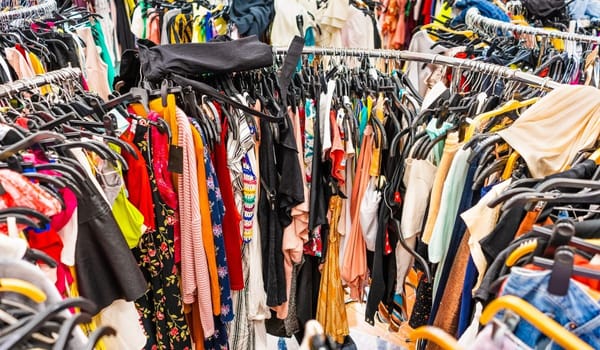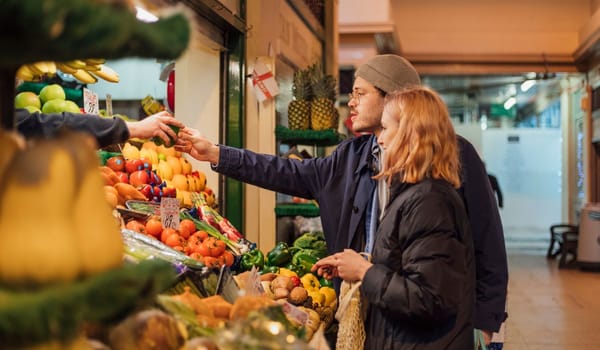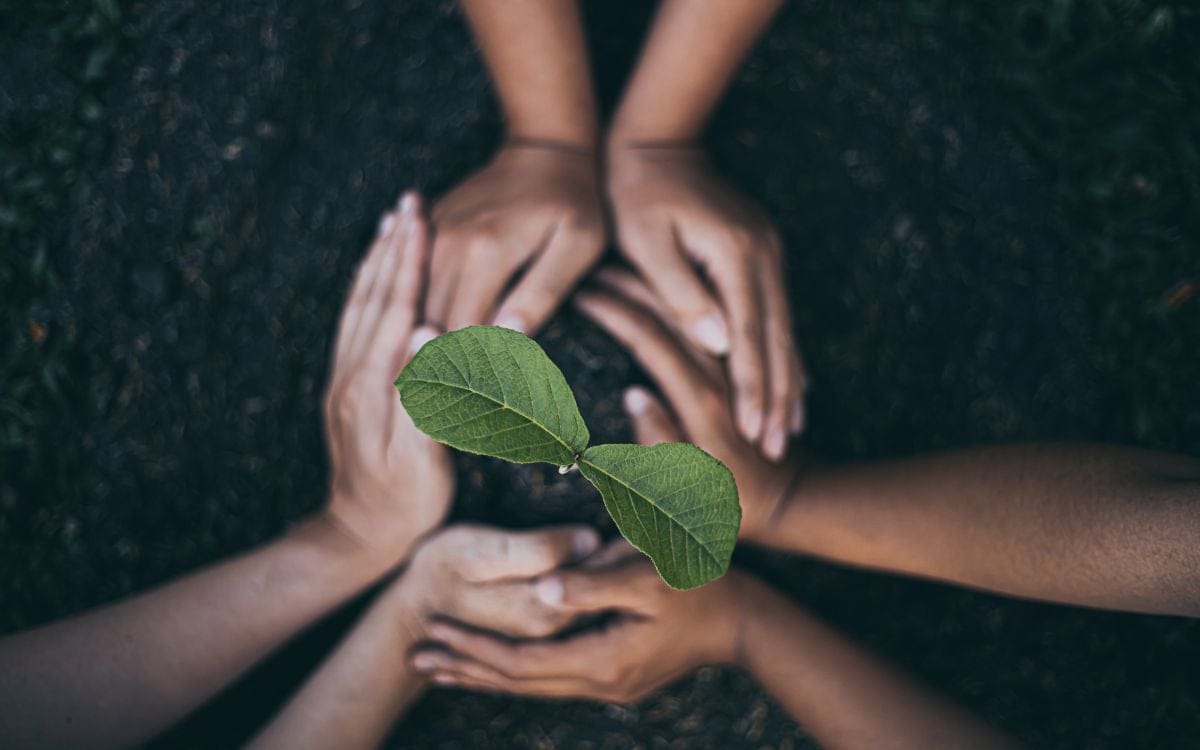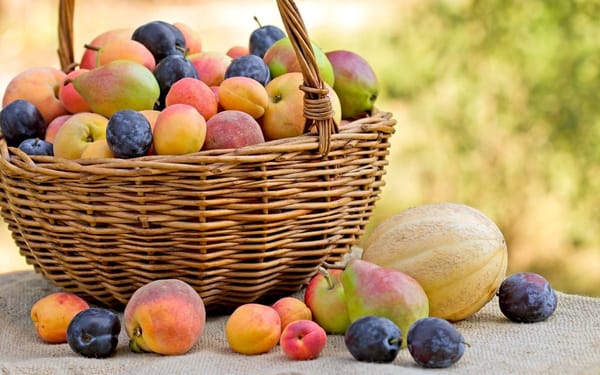Going greener for the planet
Whether it’s saying no to plastic bags, eating less meat, or biking to work, most of us know how to do our bit for the planet – but is that enough? We argue that everyone can do more to help Mother Earth, and with a little thought and planning, there are countless ways to do that. Here are a few suggestions you mightn’t have thought of yet.
-
Ditch the fast fashion
With access to global shopping literally at our fingertips, it’s all too easy (and tempting) to make thoughtless purchases online. The result is dire – we’re producing 150 billion items of clothing every single year, most of which ends up in landfill. So how can we help the problem? Recycle, revive, and reduce: if your clothes no longer bring you joy, organize a clothes swap, sell them, or donate to your local charity shop. Try to ignore influencer culture that encourages you to buy more, limit your purchases of brand-new items, and repair garments instead of throwing them away. And if you really need something new, buy the best quality you can afford.

-
Use your scraps
It seems harmless to throw carrot peels or garlic skins in the bin, but food waste is a bigger issue than airline pollution. Food rots in landfills and releases methane, a major contributor to the climate crisis. The good news is we can all help by salvaging scraps that would otherwise go in the trash. Coffee grinds are an excellent fertilizer for your garden. Birds will love the rice you didn’t eat at last night’s dinner. And any leftover veggie scraps, whatever they are, will make a beautiful homemade vegetable stock. Everything else should go in a compost bin. For inspiration, look to no-waste chef Max Le Manna for his waste-free meals like seed and skin pumpkin pasta and all-scraps veggie stock.
-
Go au naturel
Everything we use – cosmetics, skincare, cleaning products – creates waste. And apart from a select few companies championing refill initiatives, most of it ends up in a landfill, whether that’s an empty mascara tube or an unrecyclable cleaning bottle. But it’s a simple problem to fix. For those brave enough to go bare-skinned, ditching the everyday makeup is a great place to start. And we can all make natural cleaning products: a simple blend of white vinegar and essential oil is all you need for most surfaces in your home – you’ll save on thousands of bottles over time and dodge the toxic chemicals found in most conventional cleaning products.
-
Do it yourself
Sure, it’s easier just to buy the crackers and muesli bars ready-made, but most of the packaging they come in won’t ever be recycled. The alternative? Invest in a pasta maker to make your own from scratch, stock the cupboards with basics so you can always make your bread, tortillas, and cookies, and buy a jam bag to make nut mylks. A few simple swaps and getting organized will help save your pocket, your waste, and, ultimately, the planet.
-
Get organized
In the modern world, we’re all busy. With social calendars filled to the brim and working hours longer than ever, we’ve all fallen victim to convenience. Whether it’s disposable coffee cups, takeout meals, or plastic water bottles, our lack of organization is hard on our wallets and the planet. Take a water bottle with you everywhere you go and fill it up at a café, so you don’t need to buy a new one. Pack your lunch using beeswax wrap or a reusable glass container. And make a ‘no cup, no coffee’ rule to resist temptation.
-
Support local
Where does your produce come from each week? What about the skincare you use or the new jumper you ordered last week? Chances are, a lot of it comes from abroad, and the environmental cost of that is huge. Next time you need anything, be it vegetables or a new dining table, see if you can source it locally. Not only does it save on transportation costs, but you’ll also support smaller businesses that likely follow more sustainable practices themselves.

-
Change your bank
While you’re saving for a house deposit or overseas holiday, where you choose to put your money has power. Without your savings, banks can’t lend as much out to organizations, so check, who does your bank lend to? Swapping to a more ethical and responsible bank is something all of us can do to help.
Let’s all do our bit
Burying our heads in the sand is not an option – we all need to do more to help fight the climate crisis. And with a few tweaks to your lifestyle, it’s much easier than you think: stop buying into trends and encouraging fast fashion, start supporting local businesses, and set aside some time to plan your week, so you don’t succumb to the convenience of takeout and plastic water bottles. If we all make small changes, it could be enough to make a difference.









